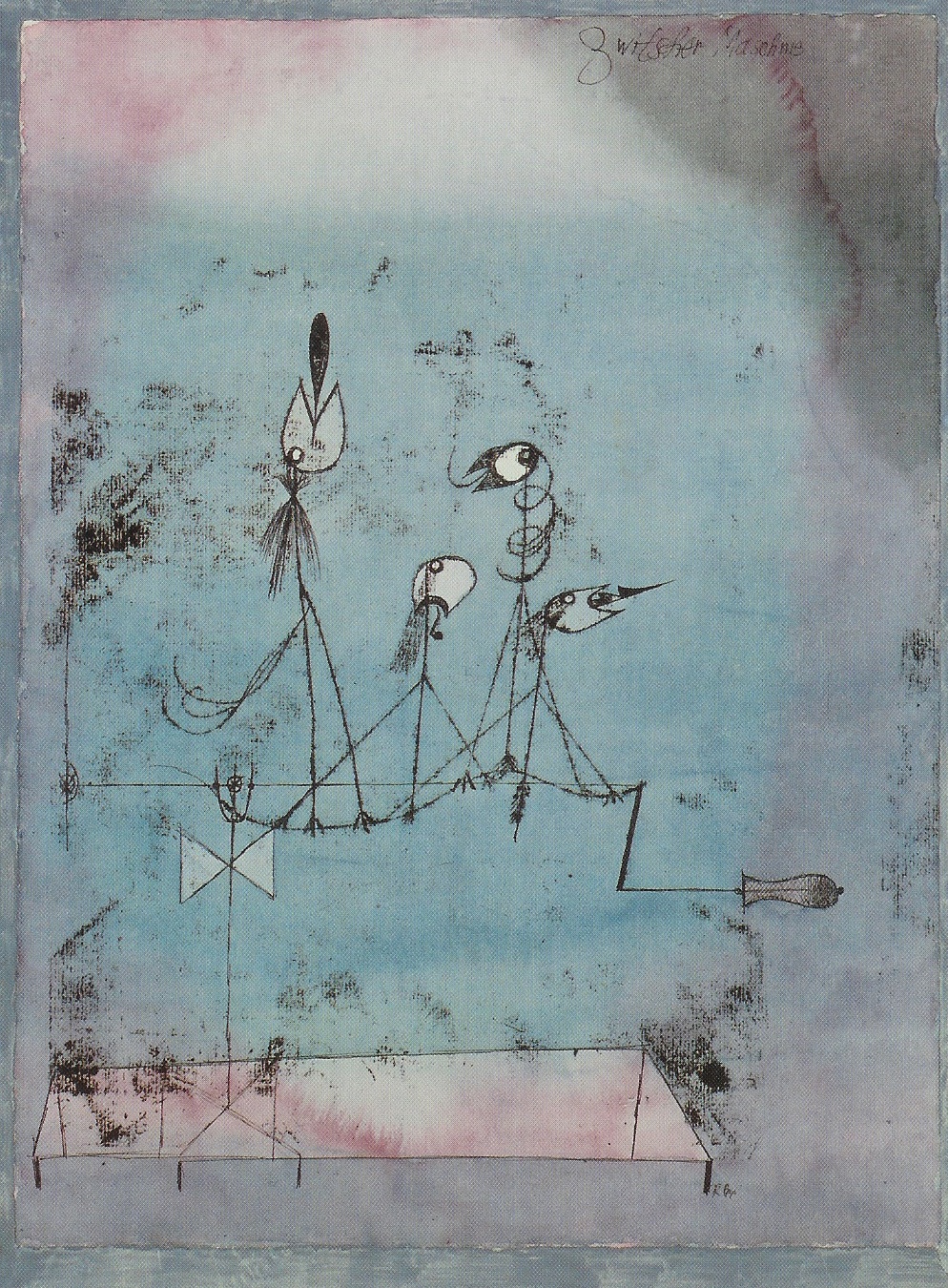"Sins against the language"
Jonathan Bouquet, "May I have a word about… the sins of Twitter, Meta and Amazon", The Guardian 11/20/2022:
[As if making thousands of people redundant were not bad enough, they compound it with their use of language]
It won’t have escaped your notice that the internet giants are going though turbulent times, with huge job losses announced at Twitter, Meta and Amazon. In the case of the last, it has been reported that the company is to start cutting 10,000 jobs within days to make its “fulfilment centres” more streamlined. In my day, a place where goods are stored, packed and sent to customers who have ordered them used to be known as a warehouse. […]
And thank you to Roy Perry for the following: “An offering from the November magazine of Weardale Railway Trust (of which I am a member): ‘Train operations have continued throughout the summer and ridership has been very encouraging.’”
Read the rest of this entry »

